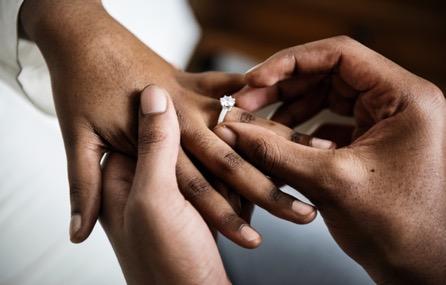
When Will Kenya's Curfew End? The Current Status Of Nairobi's Curfew
When Will Kenya's Curfew End? The Current Status Of Nairobi's Curfew
Kenyans have been living under a curfew for nearly two weeks, and there is no end in sight. The current status of Nairobi's curfew is that it has been extended until the middle of January. This means that Kenyans are still not allowed to leave their homes after 6 p.m., which limits the time they have to go out and spend money on food, water, or other necessities. Many businesses are suffering because employees cannot get to work safely during the night hours when crime rates are at their highest. This lack of spending by citizens will inevitably affect Kenya's economy even more than it already has since the election took place less than two months ago.
Section 1: What is a curfew?
Curfews are situations in which certain activities are prohibited within a certain area. These typically vary, but in some countries, the rules include forbidding any movement between certain times of the day. This is usually for security reasons or to limit the amount of people being exposed to potential danger. In Nairobi, a curfew is an act by the Kenyan government that keeps the population of a certain area or place, like the city of Nairobi, from leaving or entering. A curfew can also include hours at which the inhabitants are not allowed to leave or enter certain places or from certain businesses.
Why did Kenya's curfew start?
Kenya's State of Emergency, which was declared on Sept. 28, was put in place in response to violent clashes that broke out in the aftermath of the country's presidential elections on Aug. 8. This was the second election in which incumbent president Uhuru Kenyatta and his competitor, Raila Odinga, had run against each other in the country's history. Odinga was originally elected president in 2013 and had twice attempted to run for the post again; both times he lost. Many people, especially supporters of Odinga, protested the elections and claimed that they had been rigged in Odinga's favor by Kenyatta, who assumed power in 2013.
How long will the curfew last?
With no end in sight, the curfew's status is still a bit up in the air. Kenya's Interior Ministry announced a curfew for two weeks on January 6, and many Kenyans thought that it would end on January 10. However, Kenya's Interior Minister Joseph ole Lenku announced on January 9 that the curfew would be extended. Nairobi's governor Mike Sonko is to issue a statement later today with an expected time frame for the curfew to end.
There is speculation that Kenya's government is intentionally prolonging the curfew in an attempt to keep people from protesting after Kenya's Supreme Court nullified president Uhuru Kenyatta's election victory. Despite initial denials, the Supreme Court's decision to nullify the election result is now being blamed by some observers on Kenyatta's government.
The effect of the curfew on Kenyans
The current economic, political, and environmental crisis is largely due to Kenya's official curfews. According to National Post, this has led to an increase in crime and even murder in some areas. Citizens are not allowed out after 6 p.m., and many have taken this as an opportunity to get together and commit crimes. This has led to many hotels, markets, and malls staying open all night to avoid competition with crime-ridden stores. This increased crime and increased economic losses has many citizens concerned about the future of Kenya.
Kenya's election, which took place on Aug. 8, 2018, has recently been annulled by the courts. This means that the country is being run by an interim government, and citizens are still waiting for a new election to be held.
The effect of the curfew on Kenyians' businesses
Kenya's economy depends on tourism. While it still remains to be seen if or when tourism will resume to normal levels, thousands of tourists are still stranded in Nairobi due to the security situation. Many hotels and restaurants have suspended operations due to the lack of security, and even with heightened security since the government lifted the curfew in a limited way, tourists still have a difficult time exiting the city and entering the country. Kenyans are upset by the fact that it has been over two weeks since they were first told to stay in their homes for security reasons, and a few leaders have even threatened to boycott upcoming national holiday events because of the curfew. Even people who are in the city for business trips have had a difficult time getting back home safely.
Conclusion
Although Kenya's economy has had to endure the consequences of the chaos, it's unclear how badly it will fare, especially considering the government is promising a gradual lifting of the curfew to reduce tensions. It's probably safe to say, however, that the amount of damage the prolonged political crisis and economic downturn are causing will be greater than anything Kenya has experienced in its recent history, which makes what's happening to the country even more concerning.














